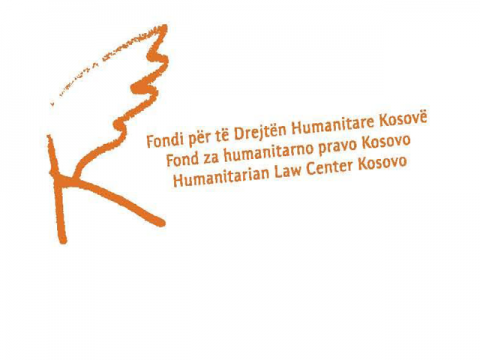The Negative Impact the Court of Appeal Judgment in the Skočić Case will Have on War Crimes Trials in Serbia
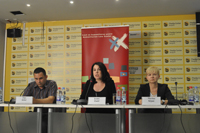

With regard to the judgment rendered by the Court of Appeal in Belgrade in the case of the crime committed in July 1992 in the town of Skočić near Zvornik, the Humanitarian Law Center (HLC) held a press conference on July 6th, 2018. When deciding upon the appeal, the Court of Appeal in Belgrade upheld the acquittal of members of the „Sima’s Chetniks“ unit for the destruction of a mosque and murder of 27 Roma civilians committed in the village of Skočić in July 1992, but modified the judgment in the case of the accused Zoran Alić, Zoran Đurđević and Tomislav Gavrić, finding them guilty of inhumane treatment, violation of physical integrity, sexual humiliation and rape of protected witnesses.






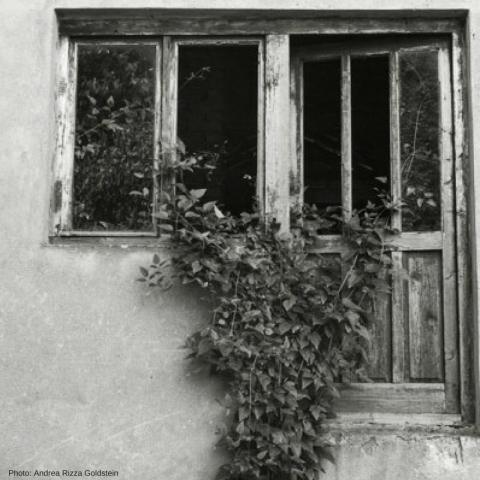
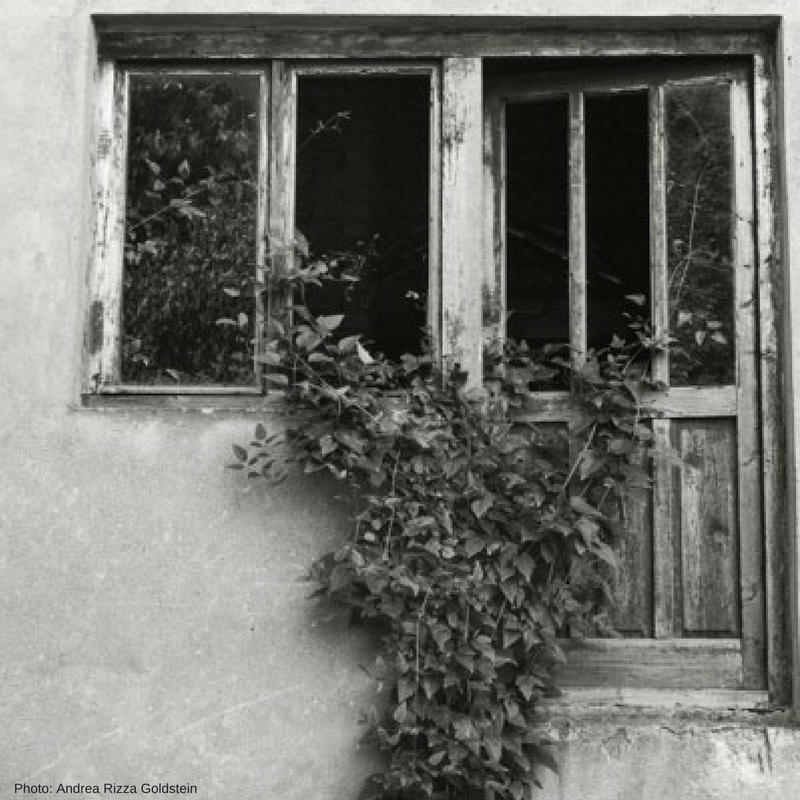
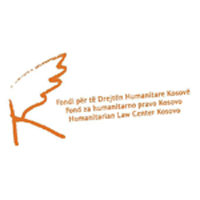
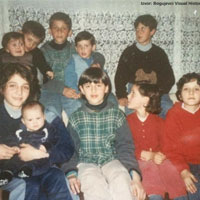

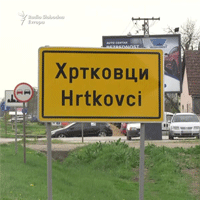

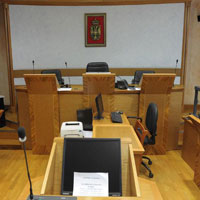
 On Monday, March 12, 2018, the Office of the War Crimes Prosecutor (OWCP) presented the Draft Prosecutorial Strategy for the Investigation and Prosecution of War Crimes in the Republic of Serbia for the period 2018-2023 (Draft), in accordance with the obligations of the
On Monday, March 12, 2018, the Office of the War Crimes Prosecutor (OWCP) presented the Draft Prosecutorial Strategy for the Investigation and Prosecution of War Crimes in the Republic of Serbia for the period 2018-2023 (Draft), in accordance with the obligations of the 


 After 14 years, the first war crimes case before specialized court councils in Serbia came to a close with the new
After 14 years, the first war crimes case before specialized court councils in Serbia came to a close with the new 